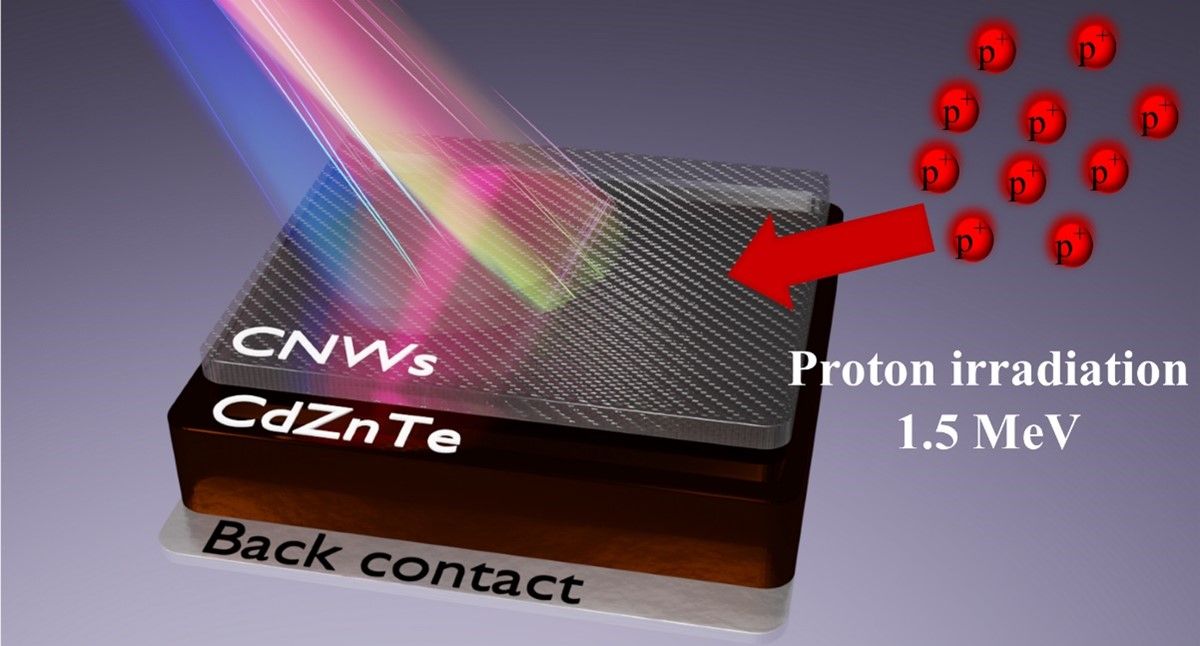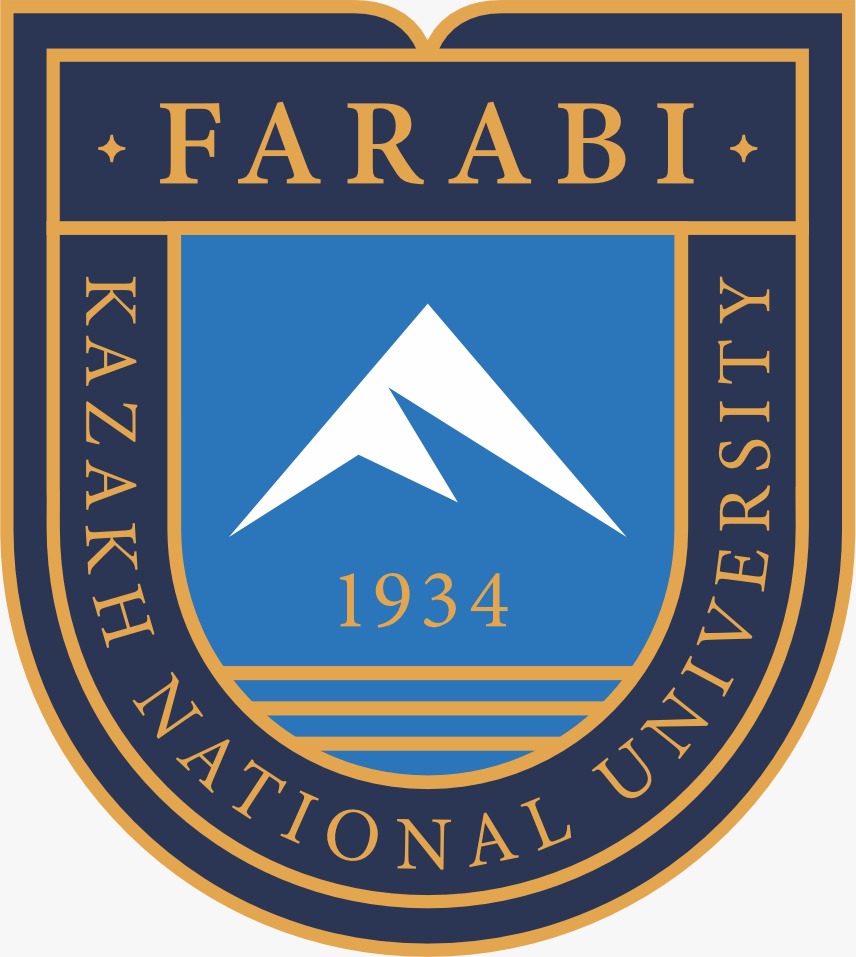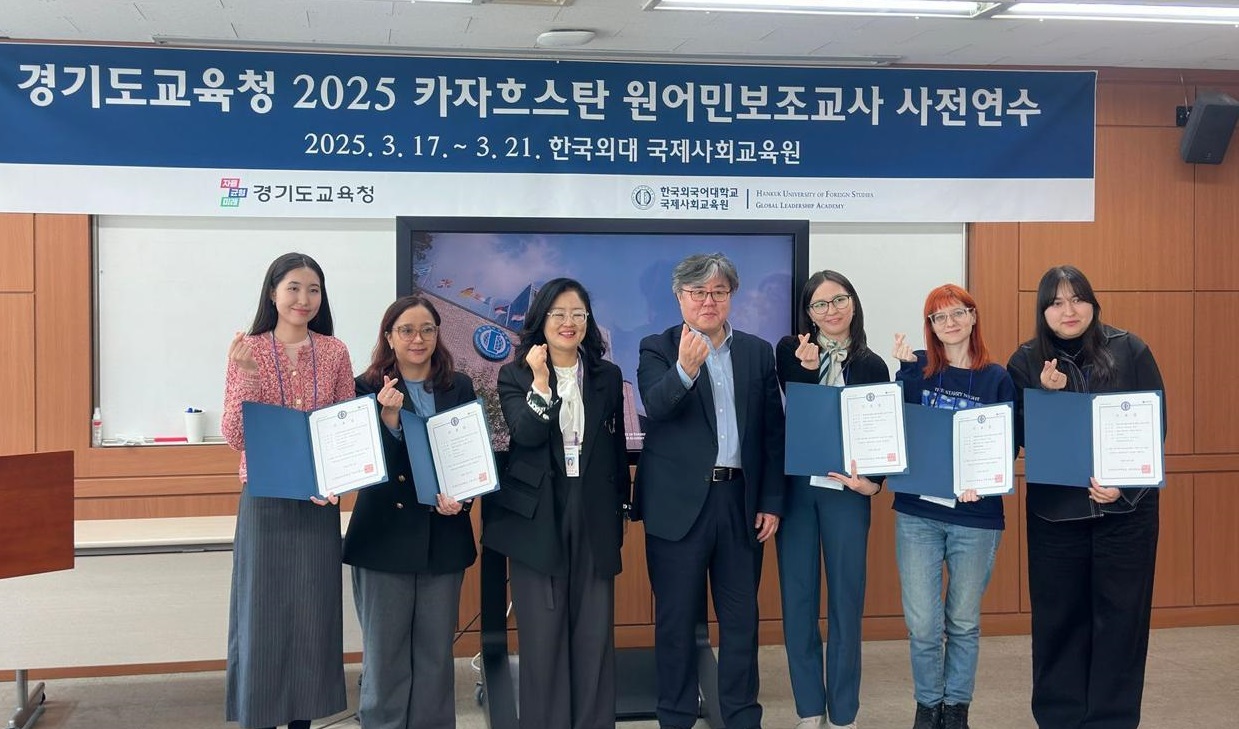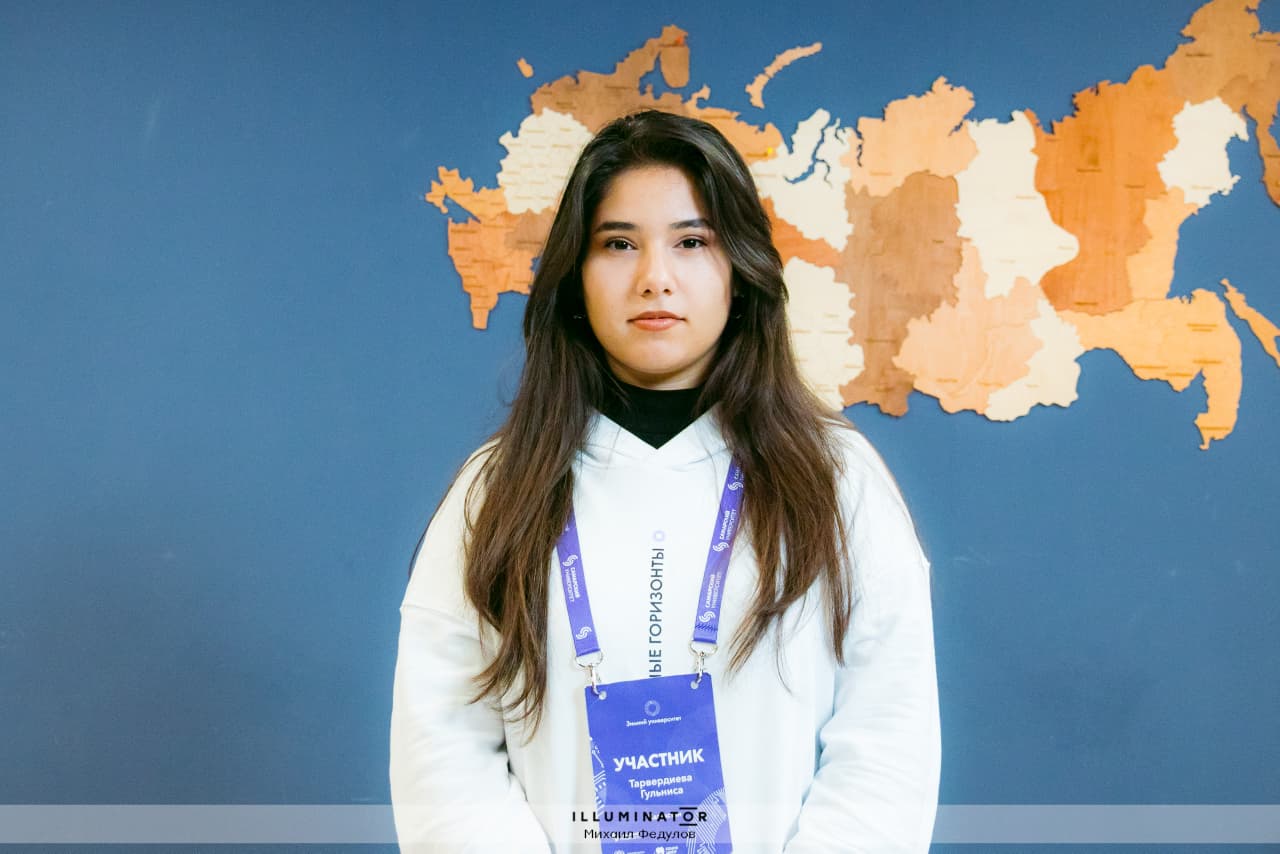KazNU scientists implement space research

Scientists from Al-Farabi Kazakh National University, in collaboration with colleagues from KBTU and Nazarbayev University, discovered the unique abilities of photodiodes based on carbon nanowalls when exposed to ionizing radiation.
The research was carried out as part of a competition for grant funding from the Science Committee of the Ministry of Science and Higher Education of the Republic of Kazakhstan and collaboration projects between universities.
The team of scientists from Al-Farabi Kazakh National University was led by Academician of the National Academy of Sciences of the Republic of Kazakhstan Tlekkabyl Ramazanov, KBTU - Professor Maratbek Gabdullin and Nazarbayev University - Professors Viktor Brus and Askhat Zhumabekov.
During the research, breakthrough results were obtained related to the radiation-induced and self-adapting features of the proposed heterojunction based on carbon nanostructures and cadmium-zinc telluride.
The research results were published in the prestigious journal Carbon with an impact factor of 11. It is included in the top 1% of journals in the relevant field of science. Further studies of the proposed devices are planned under the influence of outer space factors on board the International Space Station (ISS) with the aim of developing new space technologies.
It should be noted that scientists from Al-Farabi Kazakh National University have extensive experience in conducting scientific experiments under the “Plasma Coulomb Crystal” program on board the ISS during the flights of cosmonauts Talgat Musabayev and Aidyn Aimbetov.
More details about the results of the research work can be found at the following link:
https://www.sciencedirect.com/science/article/abs/pii/S0008622323007339


